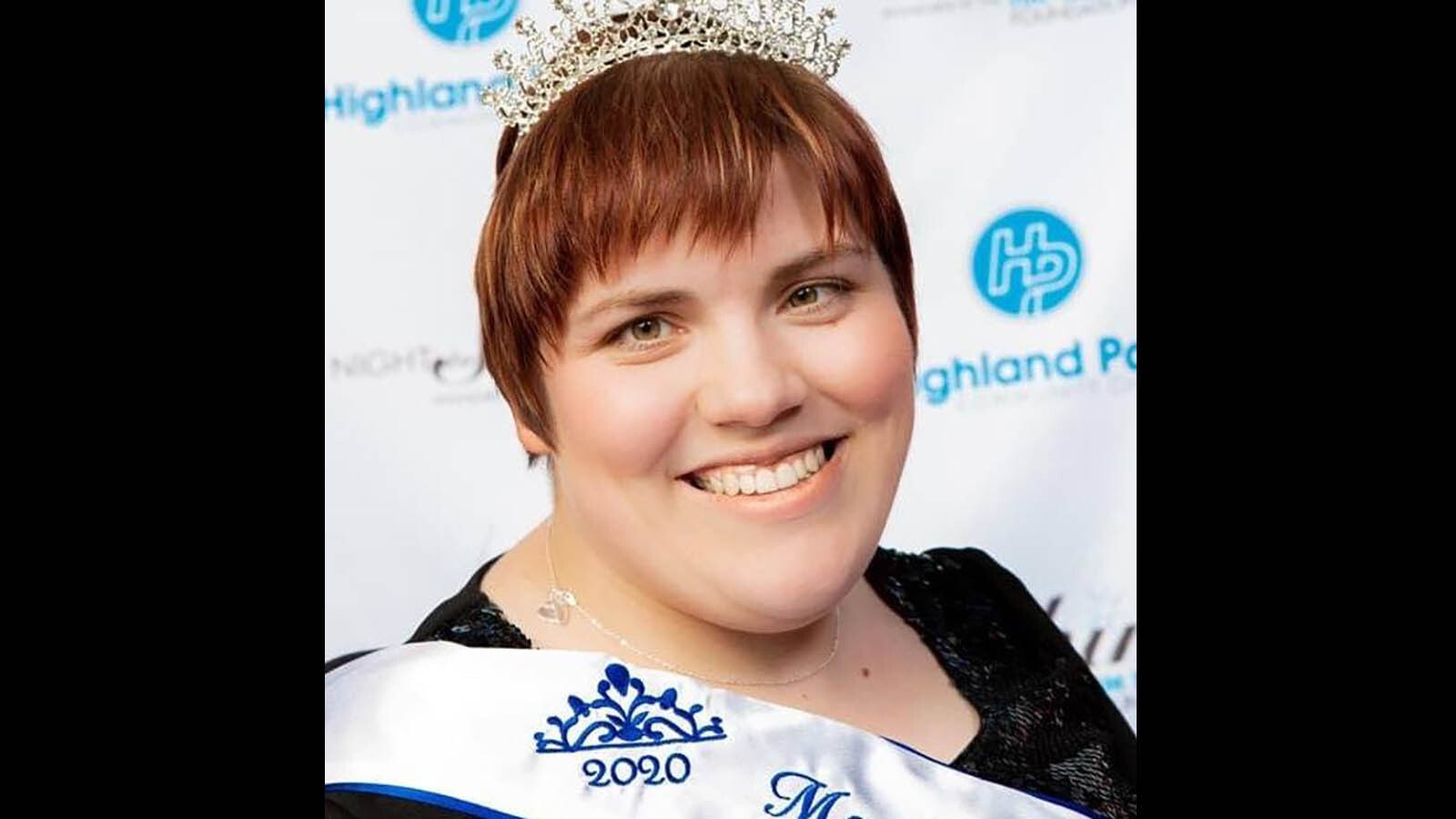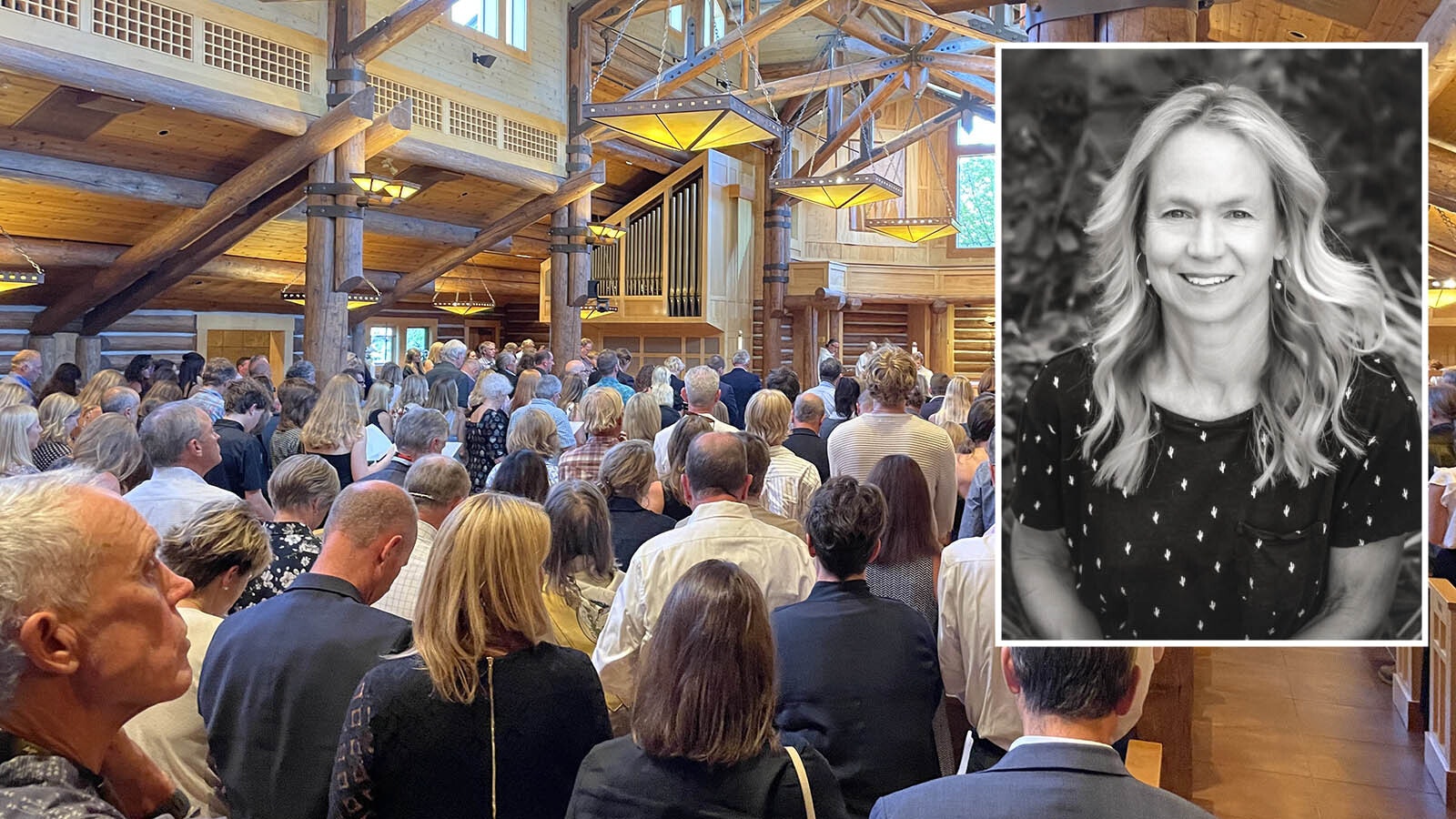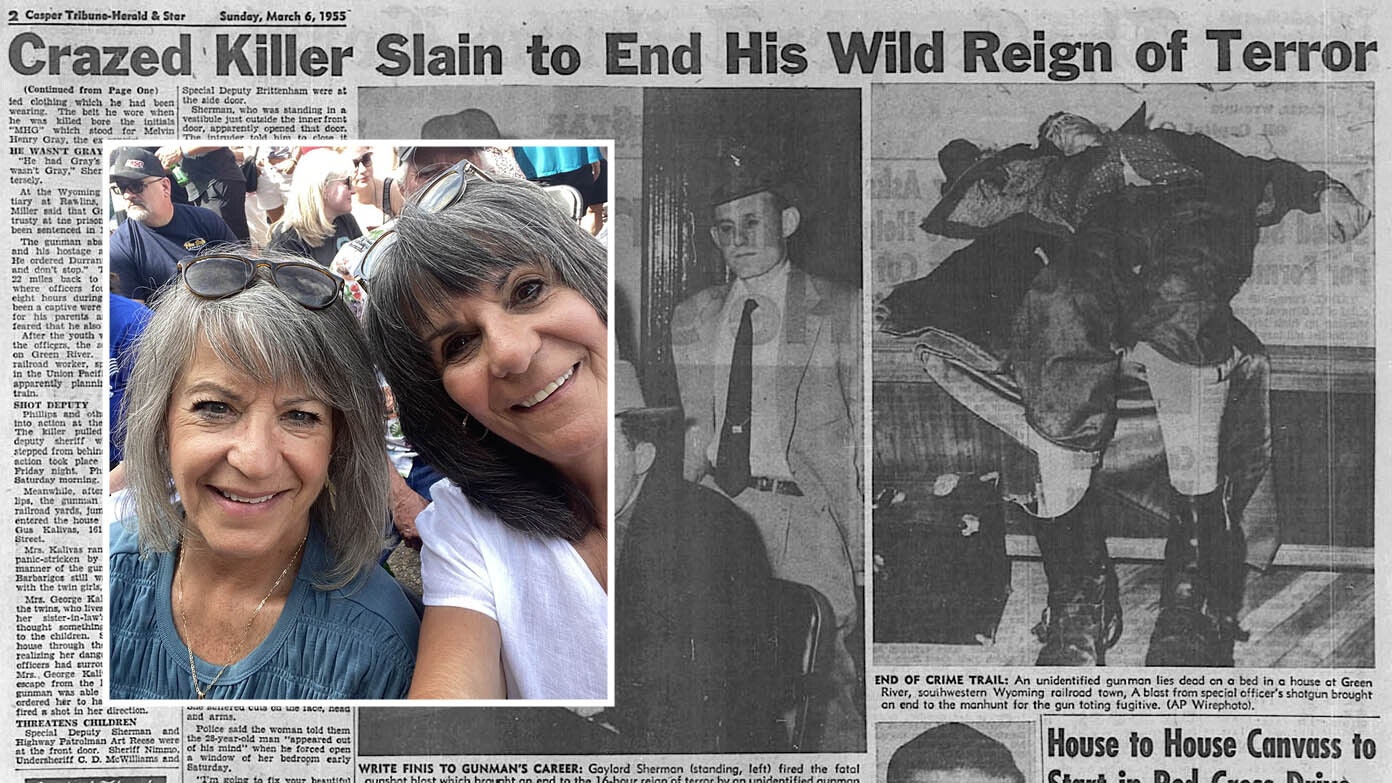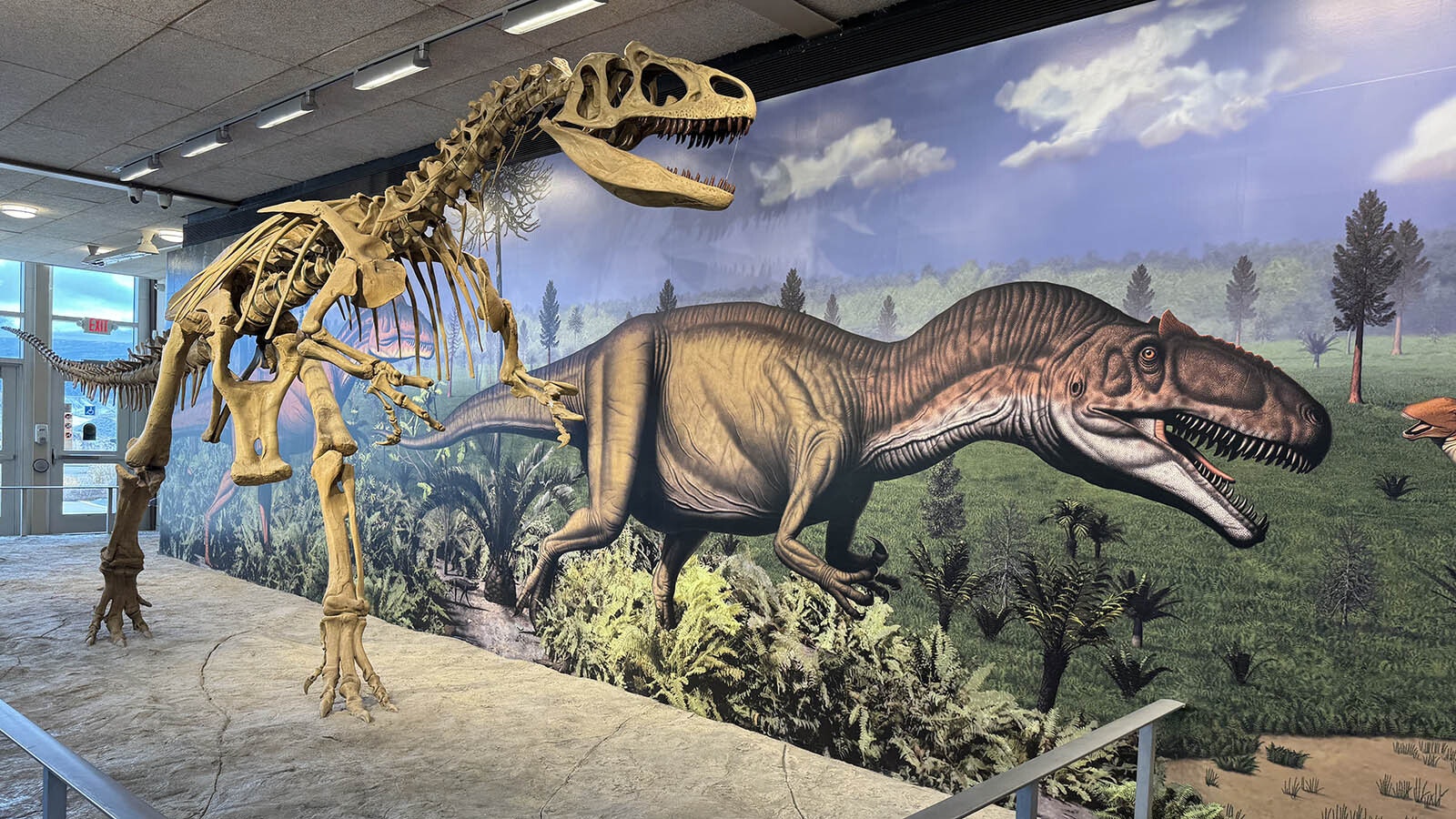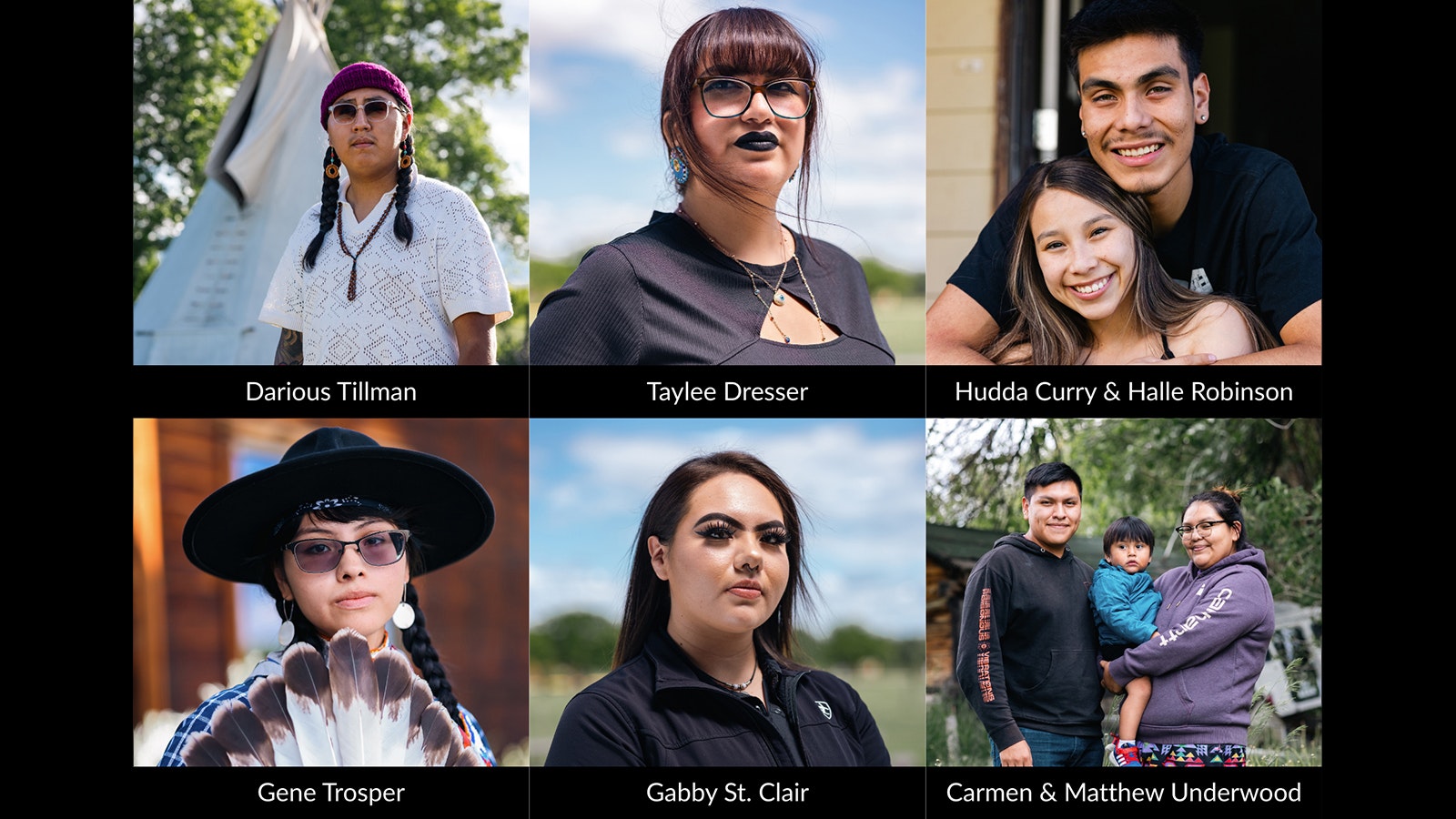Society may think Masha Flinn can’t go to school and live an independent life, but she’s proving that wrong.
The 27-year-old University of Wyoming student lives independently in downtown Casper with her service dog. She has recently completed an associate degree in social work and is now working on a bachelor’s degree in the same field.
“I’ve gotten into one of the toughest programs that the University of Wyoming offers,” she said. “They only take 20 students per year.”
Once finished with her degree, Flinn plans to seek a job in her chosen field, but also wants to eventually start her own business training service dogs.
That, incidentally, is another thing she’s been told by some that a person in a wheelchair can’t really do.
But she’s doing that anyway, too.
“We don’t let things stop us,” Flinn said, referring to herself and other colleagues in the disabled community. “It’s just kind of amazing to see, you know, what a person with a disability really can accomplish.”
Shouting It From A Rooftop
The achievements of those in the disabled community are something that Flinn has been particularly working within the state of Wyoming to highlight.
To that end, she has been serving as Ms. Wheelchair Wyoming, a position that focuses on advocacy for those with disabilities.
Ms. Wheelchair Wyoming “is not a beauty contest,” Flinn said. “It’s more focused on celebrating women in wheelchairs and their achievements, and advocacy, and leadership.”
Flinn hopes to soon be the outgoing Ms. Wheelchair Wyoming, which is under the Ms. Wheelchair America organization. She’s working to attract new participants for the program in Wyoming, which is set for Jan. 14.
The winner will work with the national organization on a platform of advocacy to raise awareness around disability issues.
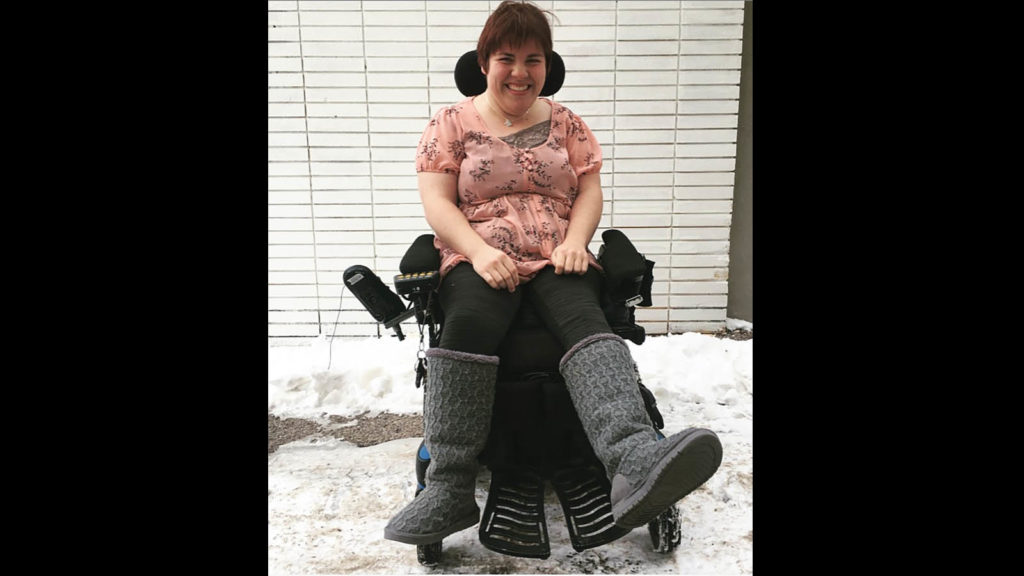
Ms. Wheelchair Wyoming is not a beauty pageant. It’s an advocacy program that selects a spokesperson from each state to highlight disability issues.
Participants may either be nominated by a person or group, or may nominate themselves for the competition.
The chosen spokesperson will get to travel throughout Wyoming to talk about issues of importance to people with disabilities, as well as highlight a chosen platform.
The individual also gets to participate nationally as well for a chance at being the next Ms. Wheelchair America, to advocate for those with disabilities across the United States.
To learn more about becoming Wyoming’s next Ms. Wheelchair Wyoming, or to nominate a woman of achievement, contact Masha Flinn at mswheelchairwy@gmail.com or call her at 435-659-0282.
Service Dogs
Flinn’s own platform, for example, is centered around the importance of service dogs, which she said are far more than man’s best friend.
Flinn’s service dog, for example, is trained to pick things up for her if she’s dropped them, as well as bark loudly if she becomes stuck.
That’s happened before.
“There was a really big snowstorm and you couldn’t really even see in front of you even,” she recalled. “And my power chair, one of the wheels fell off the edge of the sidewalk. So, I was teetering between the sidewalk and the main road.”
She commanded the dog to bark loudly, which got the attention of passersby who helped right the wheelchair so Flinn could return to her dorm rooms.
“Because of my advocacy that I’ve had around campus, most people on that campus know me now,” she said. “They know how things need to be accessible in order for me to handle things.”
That includes things that others might take for granted, such as snow removal from sidewalks, so Flinn can get to class.
Fighting For An Inclusive World
Flinn is no stranger to fighting for what she wants.
“I was adopted from Russia at the age of 2,” she said. “Back then, in like the ’90s, if a child wasn’t up and walking by the time they were 2, they were kind of just left to their own, you know, they were kind of put into institutions and stuff like that.
“It’s kind of a miracle that I’m doing what I’m doing now, with everything that I’ve been through.”
A Journey Of Confidence
Because she wasn’t as mobile as a child, Flinn said it took her longer than others to get where she is now. She credits the Ms. Wheelchair America community for helping build her confidence.
“That’s really the goal of the state program, is to raise awareness of people with disabilities and say you know, just because we may do things differently does not mean that we’re not capable of amazing things,” Flinn said.
Flinn believes changes are needed both inside and outside the disabled community, to help people in reaching their full potential.
“I think being able to stay open-minded and ask questions” she said. “That’s the one thing that I think society doesn’t do, is they don’t ask questions because I think they are so scared to put their foot in their mouth,” she said. “They’re worried about offending a person with a disability, rather than just asking questions.”
On the other hand, Flinn said, people in the disabled community need to accept it when people ask questions about something that might be a touchy subject.
“Yes, it might be uncomfortable to ask you questions about something that can sometimes be a sore spot, especially if it’s an onset disability from an accident or something like that, I totally get that,” she said. ”But at the same time, how else are you going to make the change? So, I think it’s about being open-minded on both sides.”

